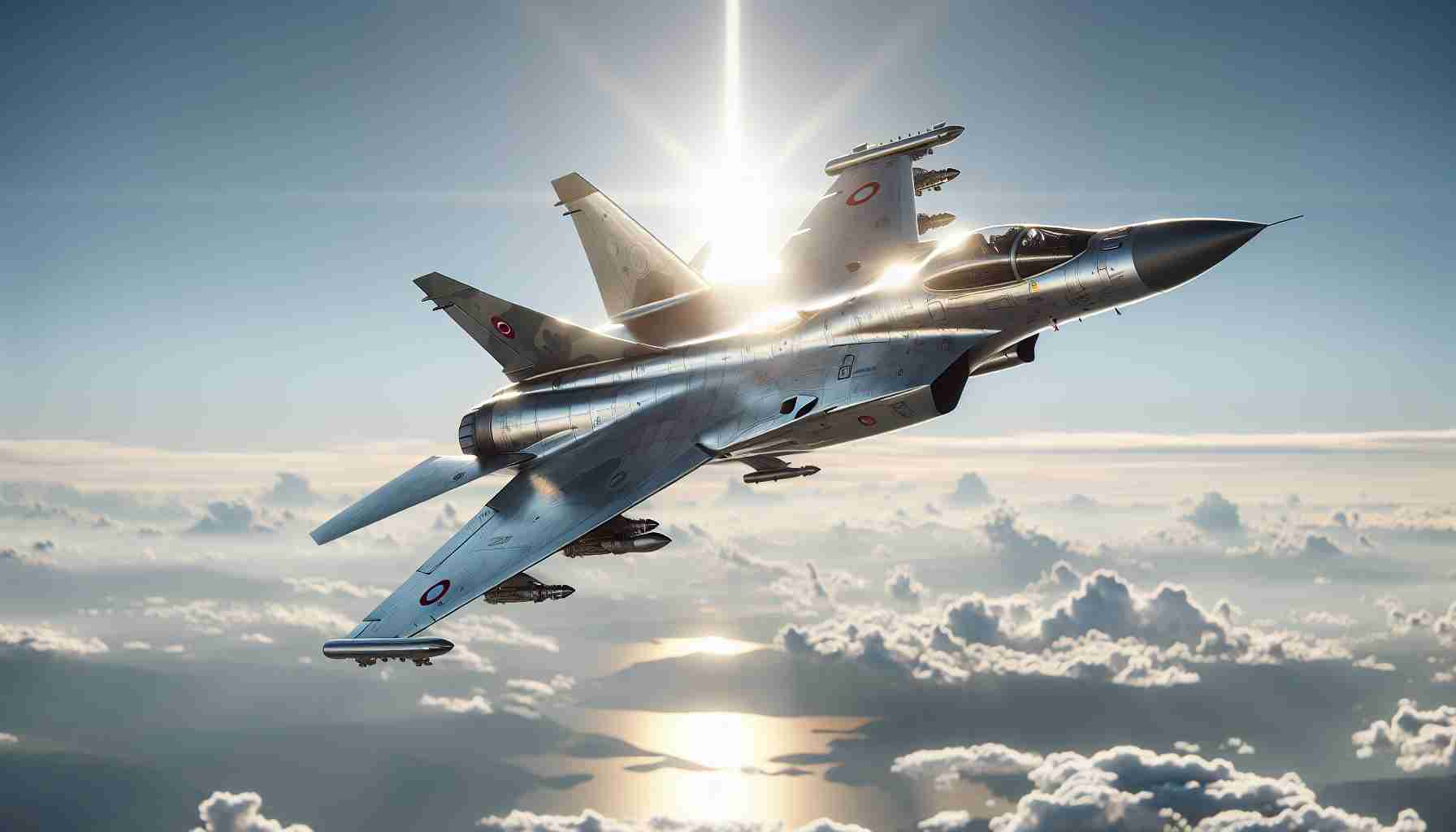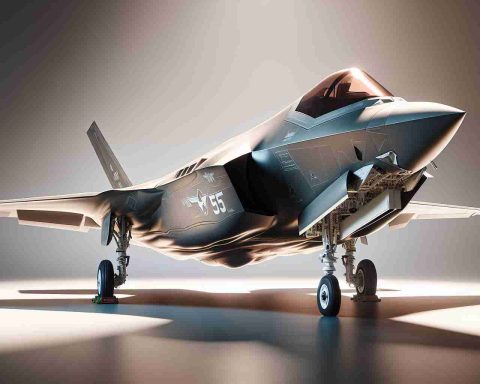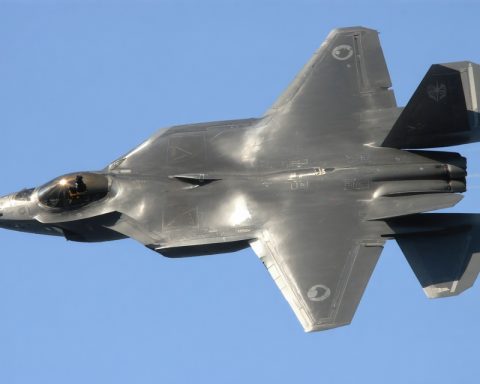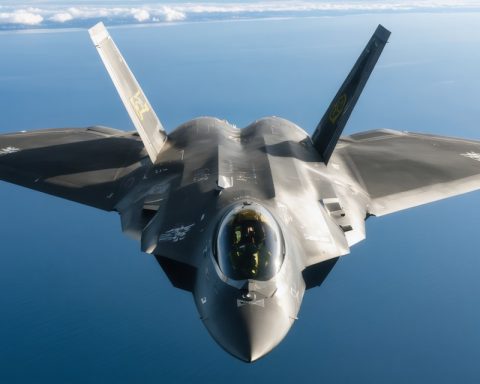In a surprising turn of events, the United States has reportedly reassessed its position on selling F-35 fighter jets to Turkey. This development follows Turkey’s advancements in its indigenous fighter jet program, the KAAN.
During a recent parliamentary session, Turkey’s Minister of National Defense, Yasar Guler, discussed how the progress on the KAAN had caught the attention of American officials. The US seems more open to the idea of once again providing Turkey with the F-35 jets. However, as Guler pointed out, no significant progress has been made yet toward this goal. Turkey remains firm in its demand to restore its role in the F-35 program and continues to seek acquisition of the jets.
The diplomatic strain between the US and Turkey initially began in 2017 when Turkey signed a deal with Russia to acquire the S-400 missile defense system. Despite US pressures to switch to the American Patriot system, Turkey proceeded with the Russian S-400, receiving the equipment in 2019. In response, the US ousted Turkey from the F-35 supply program and imposed sanctions on Turkish defense industry leaders. Furthermore, the US revoked a joint memorandum on the F-35 collaboration with Turkey.
As Turkey continues to develop its KAAN fighter jet, international observers are keen to see how this might influence negotiations and the future of US-Turkish defense relations.
Will Turkey’s KAAN Fighter Jet Shift the Power Dynamics in US-Turkey Defense Relations?
In recent developments, Turkey’s indigenous KAAN fighter jet program has become a focal point in reshaping US-Turkish defense relations. The United States appears to be reevaluating its stance on selling F-35 fighter jets to Turkey, a nation previously ousted from the F-35 program due to diplomatic strains.
Emerging Features and Innovations of the KAAN Fighter Jet
The KAAN fighter jet represents Turkey’s commitment to developing its military capabilities indigenously. Notable features of the project include:
– Advanced Stealth Technology: Designed to ensure minimal radar detection, enhancing survivability in hostile environments.
– Multifunctional Avionics: Equipped with state-of-the-art electronic systems for superior situational awareness and response capabilities.
– Turkish Engine Development: A major advancement as Turkey seeks self-reliance, aiming to develop an indigenous engine to avoid dependency on foreign suppliers.
Comparison: F-35 Versus KAAN
While the F-35 remains a cornerstone of modern air combat with its proven capabilities, the KAAN’s development highlights Turkey’s focus on sovereign defense solutions. Here’s a brief comparison:
– Stealth and Avionics: Both jets boast advanced stealth capabilities, though the F-35 has been operational and proven in various contexts.
– Production and Cost: Potentially, KAAN may offer a more cost-effective solution for Turkey and allied nations, bypassing expensive international procurement and logistics.
Strategic Pros and Cons
Pros of US F-35 Sale to Turkey:
– Strengthened Bilateral Relations: Could signify a thaw in US-Turkey diplomatic tensions and reinforce NATO’s cohesion.
– Economic and Security Incentives: Revival could open economic opportunities and enhance regional security through cooperation.
Cons:
– Geopolitical Concerns: Some NATO allies may express concern over the reliability of Turkey, given its past purchase of Russian systems.
– Technology Security Risks: Risks associated with transferring cutting-edge technology might pose security challenges.
Predictions and Future Trends
The KAAN’s development could potentially alter the defense landscape in the region. Here are some anticipated trends:
– Shift Towards Indigenous Development: Turkey and other nations might emphasize greater investment in self-developed military technologies, promoting autonomy.
– Renewed Diplomatic Engagements: As Turkey makes strides in defense technology, it may lead to renewed negotiations not only with the US but globally.
Security Aspects and Concerns
The integration of advanced F-35 technology with a country that simultaneously uses Russian defense systems could pose cybersecurity and operational security challenges. Any future cooperation will likely address these through stringent protocols and agreements.
Conclusion
As Turkey progresses with the KAAN fighter jet, it signals not only a potential pivot in its defense alliances but also a profound shift towards indigenous military capabilities. The outcomes of these advancements are likely to influence international defense relations significantly, with eyes on how the US-Turkey dynamic will evolve.
For more on emerging defense technologies and trends, visit defense.gov.












